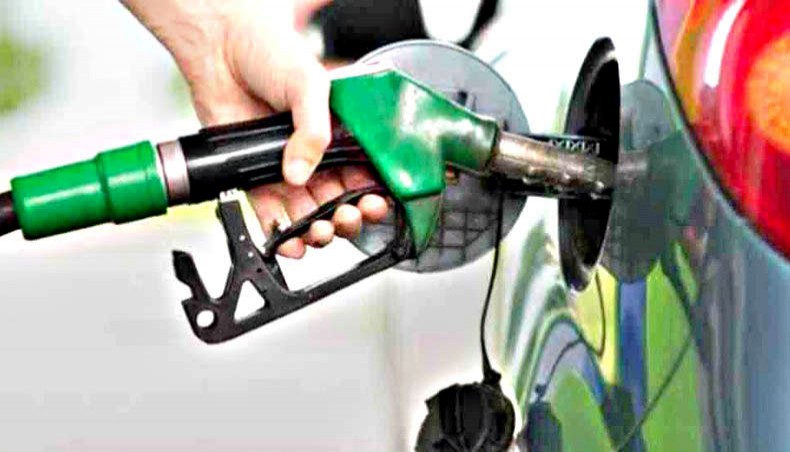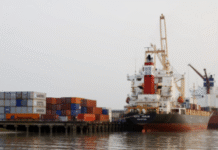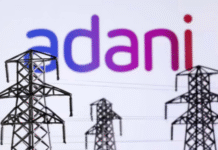
The recent downward adjustment in prices of fuel oils will hardly bring any benefit to people mainly farmers and commuters as the margin of cut is insignificant, said economists and transport experts.
On Thursday, the government in an order reduced diesel and kerosene prices by Tk 0.75 per litre to Tk 108.25 to meet a condition of introducing the periodical price adjustment formula from the International Monetary Fund with the $4.7 billion loan programme until May 2026.
Under the same formula, the price of petrol was decreased by Tk 3 per litre to Tk 122 and that octane by Tk 4 per litre to Tk 126.
‘But the overall cut is insignificant compared to the previous upward adjustment in petroleum products,’ said general secretary of Bangladesh Agricultural Economist Association Mizanul Haque Kazal while talking to New Age on Saturday.
On August 5, 2022, the prices of diesel and kerosene were raised by 42.5 per cent to Tk 114 per litre from Tk 80, while the price of petrol was raised by 51.16 per cent to Tk 130 a litre from Tk 86.
The price of octane was raised by 51.68 per cent to Tk 135 per litre from Tk 89 on the pretext of price hike of crude oils in the international market over $100 per barrel.
The county depends heavily on the international market for petroleum products.
The latest cut in diesel price features by only less than one per cent with crude oils price hovering around $80 per barrel in the global market.
Mizanul Haque noted that a margin of at least 10 per cent downward price adjustment would have positive impact on the agricultural sector.
With the famers account around 15 per cent of the country’s overall diesel consumption, the latest review in price of diesel would not reduce production cost of agricultural outputs, he added.
The price spiral of food items has kept the overall average inflation at 9.59 per cent between February 2023 and January 2024 and sparked off criticisms that the government has failed to check inflation already hitting 14 years high.
The country’s transport sector consumes highest 65 per cent of diesel.
A leader of Dhaka Sarak Paribahan Malik Samity said that the latest might reduce daily operational cost for consuming diesel by a bus in the capital by only Tk 50.
Such a negligible margin is not suitable to review fares, said Malik Samity office secretary Samdani Khandaker.
He said that they were yet to receive any invitation from the Bangladesh Road Transport Authority which reviews transport fares.
Consumer Association of Bangladesh energy adviser Shamsul Alam said that the profit margin of the transport operators would increase by the way the latest price adjustment of fuel oils has been done.
He lamented that the consumers did not get the benefit of the price fall in the global market between 2014 and 2021 due to profit making spree by the Bangladesh Petroleum Corporation and investments mostly in unproductive sector.
State-owned Bangladesh Petroleum Corporation made profits of Tk 48,122 crore over the past eight years until May 29, 2022 by selling fuel at prices far higher than their buying rates in the international market.
Economists said that there were scopes for reducing the price of fuel oils in the local market.
One of the options is to reduce the import duty since a consumer has to pay around Tk 34 as duties against a litre of petroleum items.
The country spent $8.9 billion on import of petroleum products in financial year 2021–22, about 67 .71 per cent more from $5.3 billion worth import in FY 2020–21, according to the Bangladesh Bank.
A portion of the diesel imported by the BPC is also consumed by costly fuel-based power plants.
new age









